Newly confirmed Phase IIb trial results have left GlaxoSmithKline (GSK) hopeful that their candidate tuberculosis (TB) vaccine may help reduce the burden of this infectious disease that continues to ravage some parts of sub-Saharan Africa.
Primary analyses of the trial’s results were completed and published in the New England Journal of Medicine last September. Final analyses were completed and announced at the 50th Union World Conference on Lung Health.
The objective was to see if the vaccine, dubbed M72/AS01, could prevent adults with latent Mycobacterium tuberculosis infection from developing pulmonary tuberculosis disease. The vaccine comprises a recombinant fusion protein derived from two antigens of the infectious bacterium, combined with an adjuvant system to increase the vaccine’s immunogenicity.
Altogether, over 3,500 Human Immunodeficiency Virus (HIV)-negative adults with latent Mycobacterium tuberculosis infection were studied for three years across Kenya, South Africa and Zambia. According to the latest analysis, only 13 out of 1,626 participants in the vaccine group had cases of tuberculosis compared to 26 out of 1,663 participants in the placebo group. Those in the vaccine group also had sustained M72-immune specific response over those three years.
“While additional trials need to be conducted to confirm these findings in other populations, we have never before seen a vaccine that provides protection in adults who are already infected with the bacteria that cause tuberculosis,” stated Dr. Mark Feinberg, president and CEO of the International AIDS Vaccine Initiative (IAVI), a nonprofit organization which co-supported the study.
South Africa faces some of the highest rates of tuberculosis infection, with more than 70 percent of TB patients co-infected with HIV. Between 2005 and 2015, regions in Africa and other low-income countries were hit hard by a wave of Bacillus Calmette-Guérin (BCG) vaccine shortages due to growing demand. The BCG vaccine remains the only available vaccine against tuberculosis, although it does little to protect against adult pulmonary TB arising from a latent infection.
While the World Health Organization (WHO) reported a surplus of BCG vaccines in 2017, the threat of a shortage is still imminent. About half of the global vaccine supply is produced by two manufacturers, which means any production issues can severely impact the supply of vaccines to the countries they service.
In light of this, GSK’s candidate vaccine could make a significant difference in the lives of those carrying the greatest burden for TB.
“These results demonstrate that for the first time in almost a century, the global community potentially has a new tool to help provide protection against TB,” said Dr. Thomas Breuer, chief medical officer of GSK Vaccines.
While TB is not endemic to the US, the nation is not immune to multidrug-resistant strains. Moreover, the efficacy of the BCG vaccine remains controversial. According to the Centers for Disease Control and Prevention, the BCG vaccine is not typically recommended in infants and children because of the variable effectiveness against adult pulmonary TB and because of the vaccine’s potential interference with the tuberculin skin test. For these reasons, the BCG vaccine is not officially recommended in the US.
But for regions devastated by tuberculosis, the BCG vaccine is one of the only options. Economic challenges, a high burden of HIV and inadequate implementation of WHO recommendations contributed in part to Africa’s failure to achieve 50 percent reduction in TB mortality in 2015.
Now, the WHO has a more ambitious goal to end the TB epidemic in Africa by 2030 through a global initiative that will strengthen patient care, prevention strategies, policies and R&D efforts. GSK’s new candidate vaccine may be a step in the right direction.


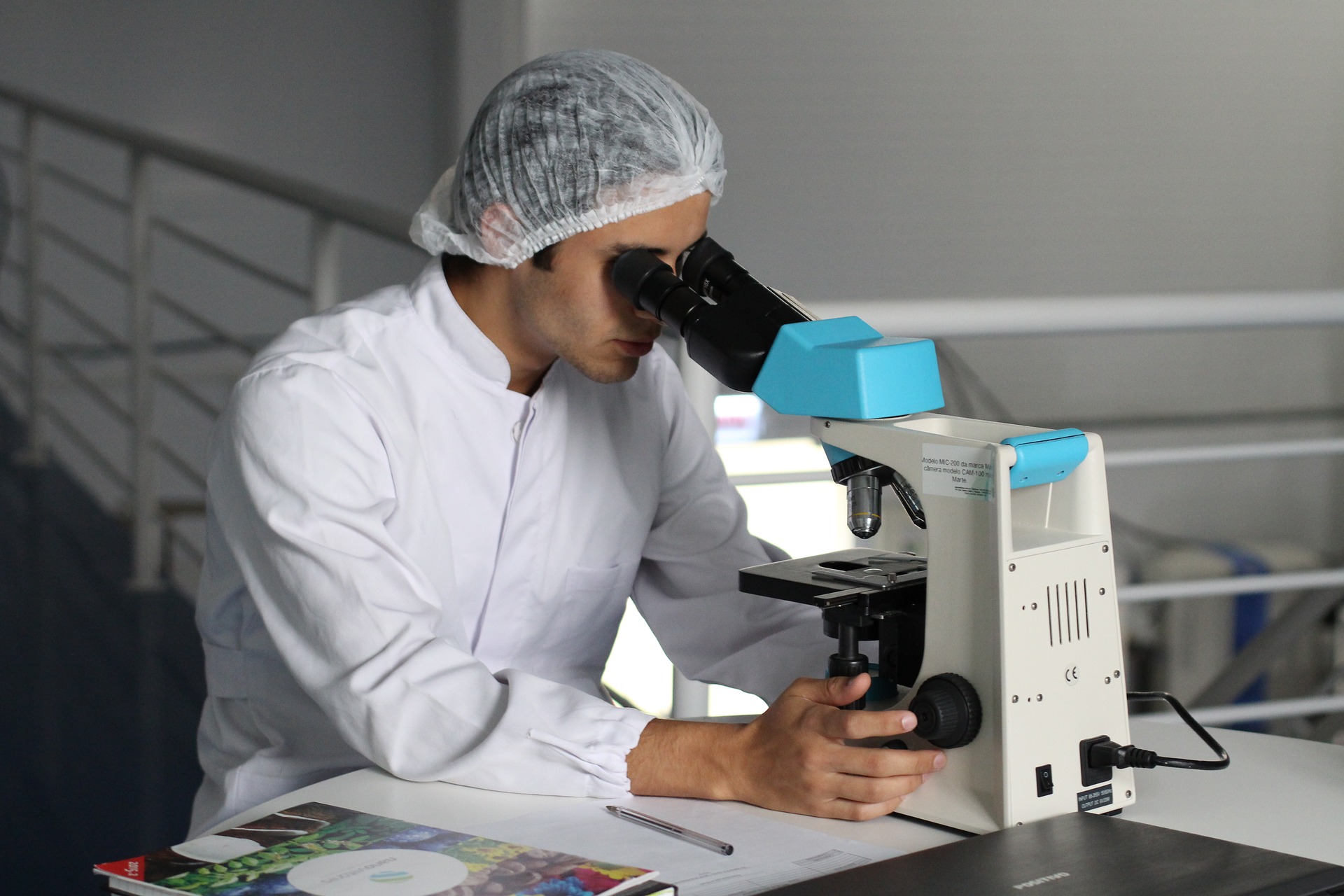
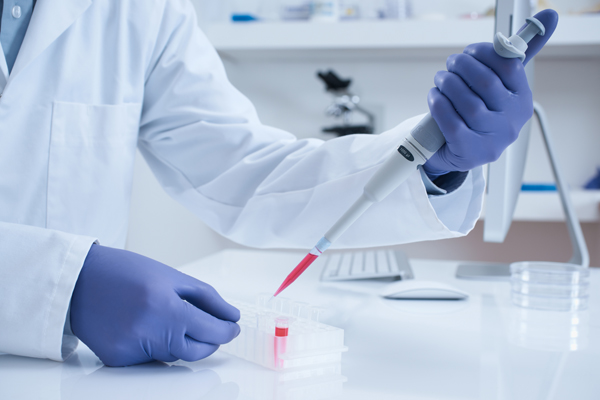
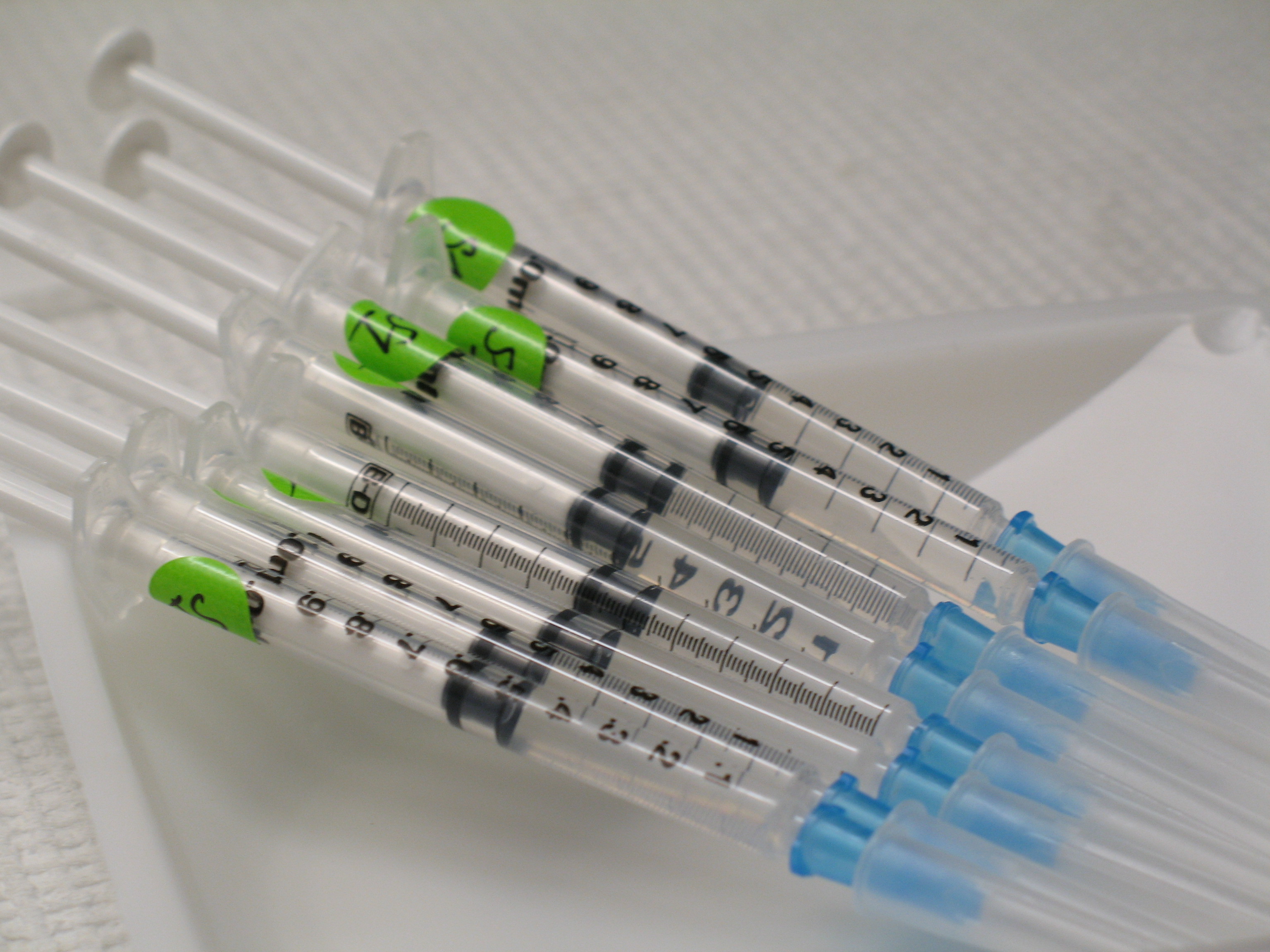
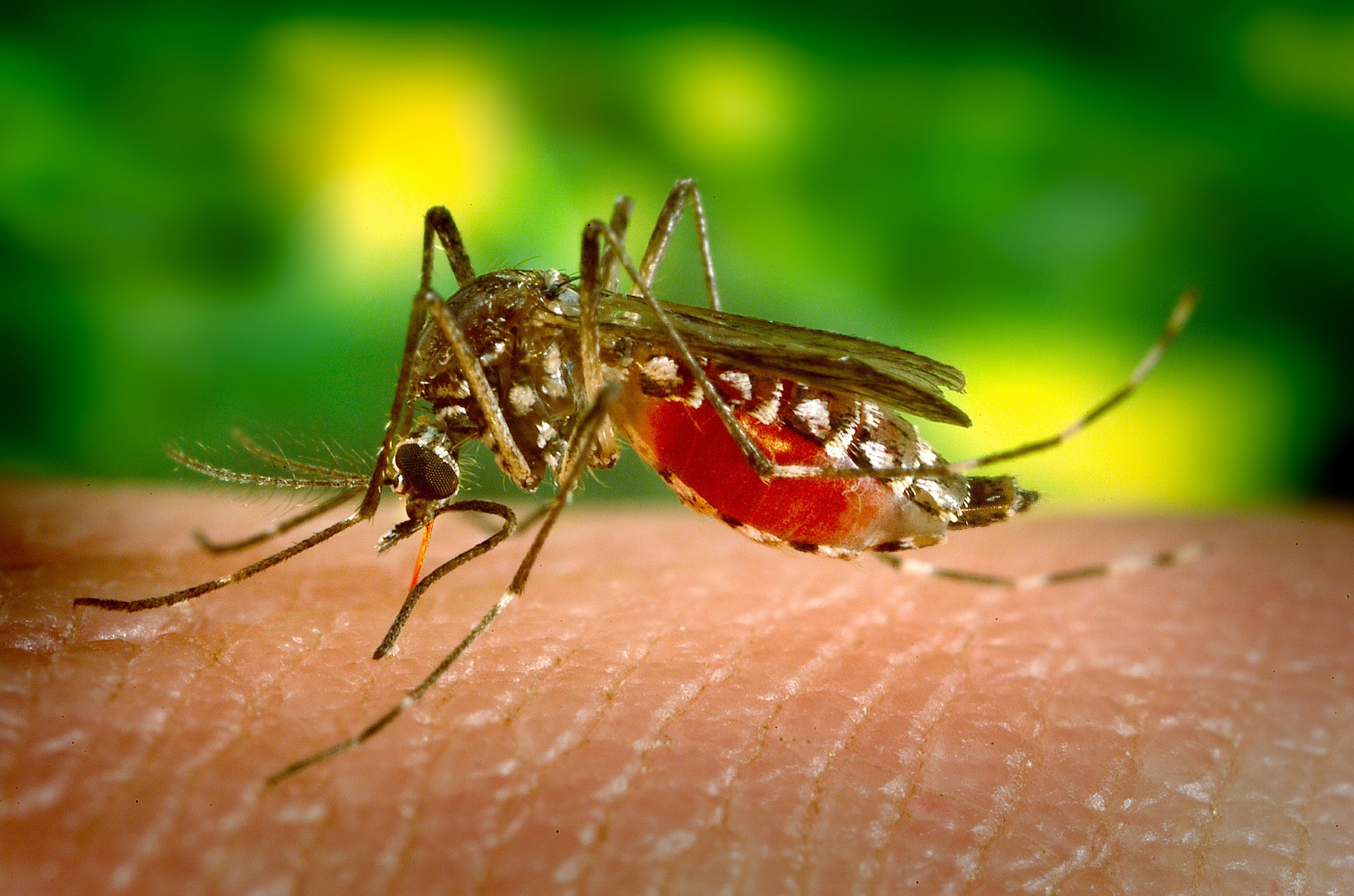
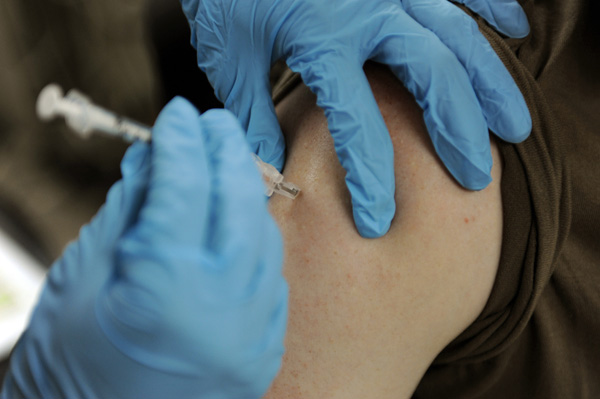





Join or login to leave a comment
JOIN LOGIN